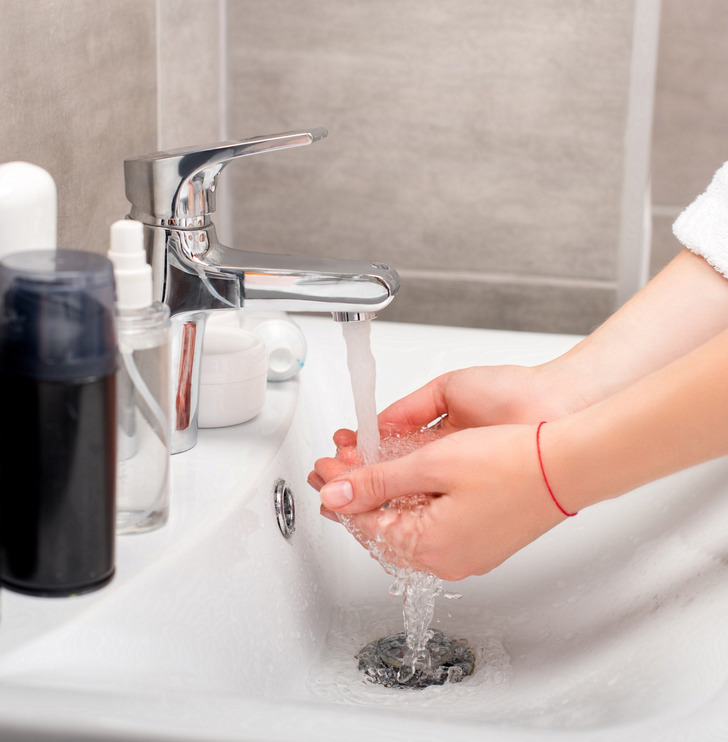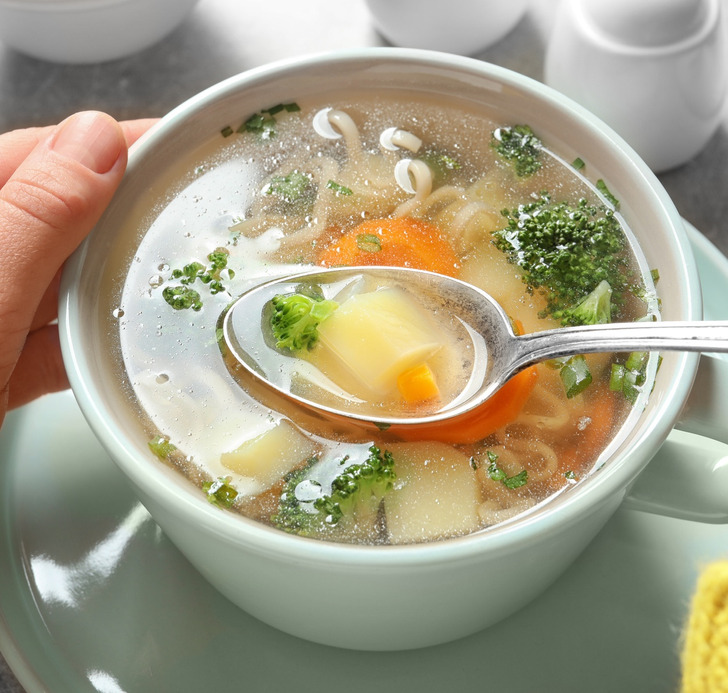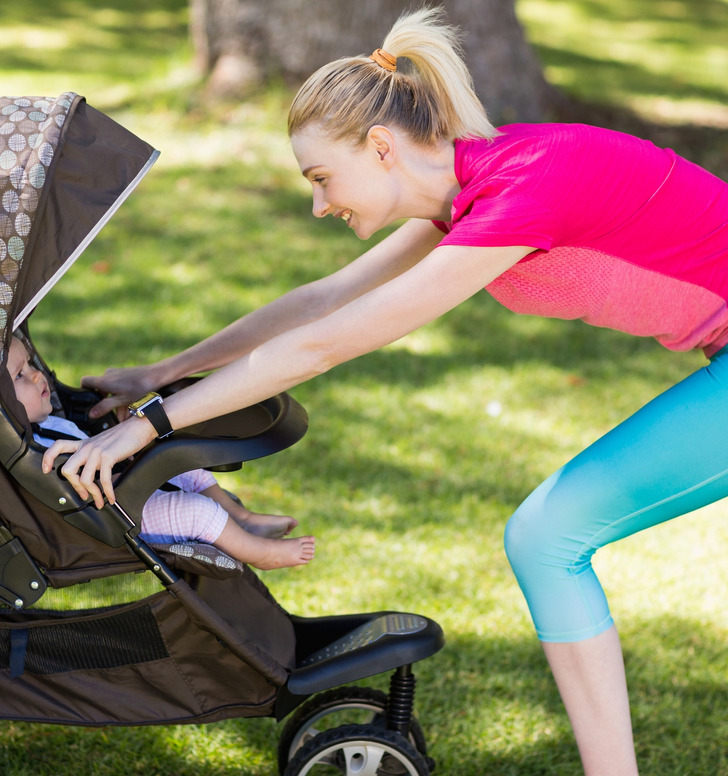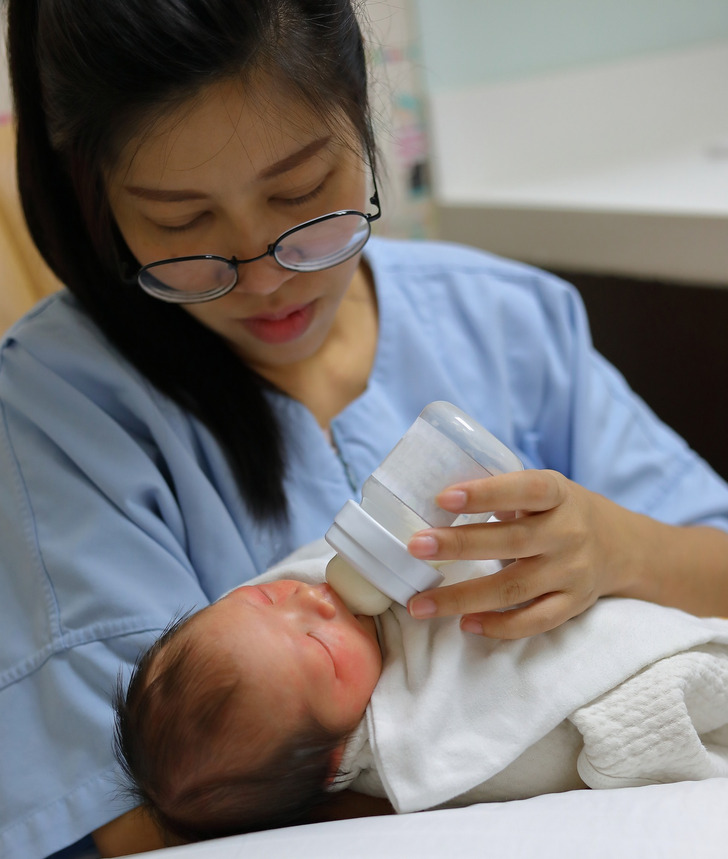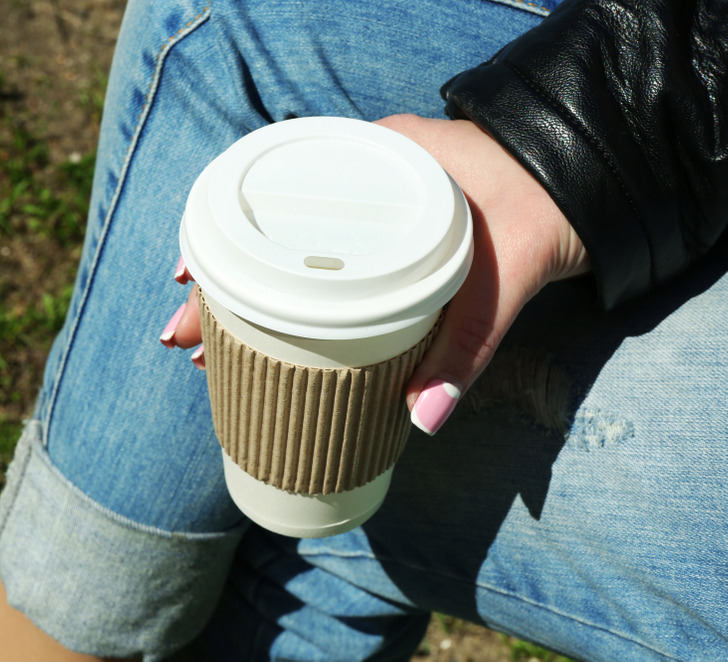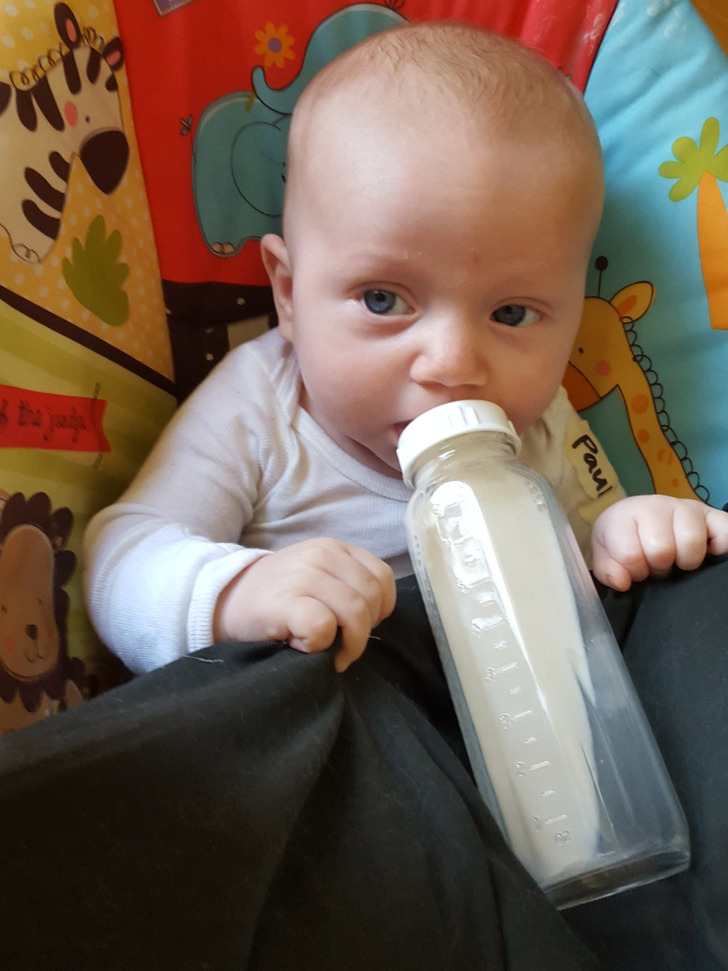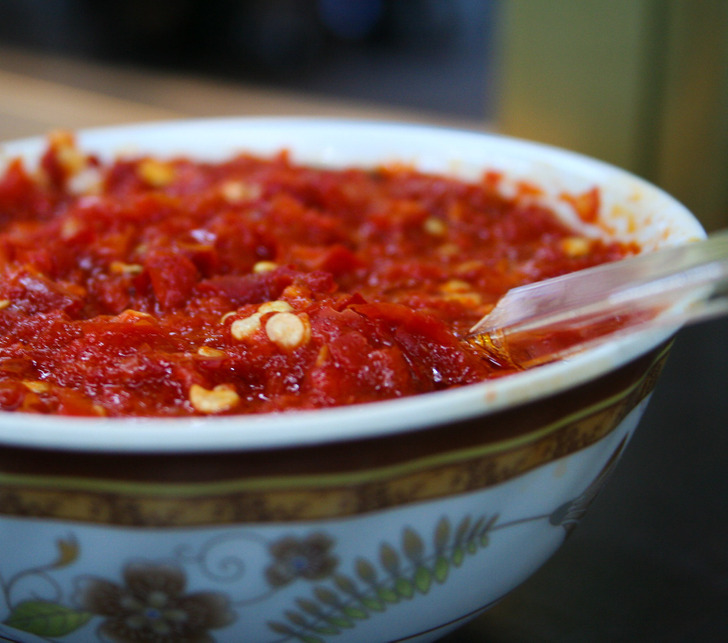15 Myths About Breastfeeding It’s Time We Stopped Believing
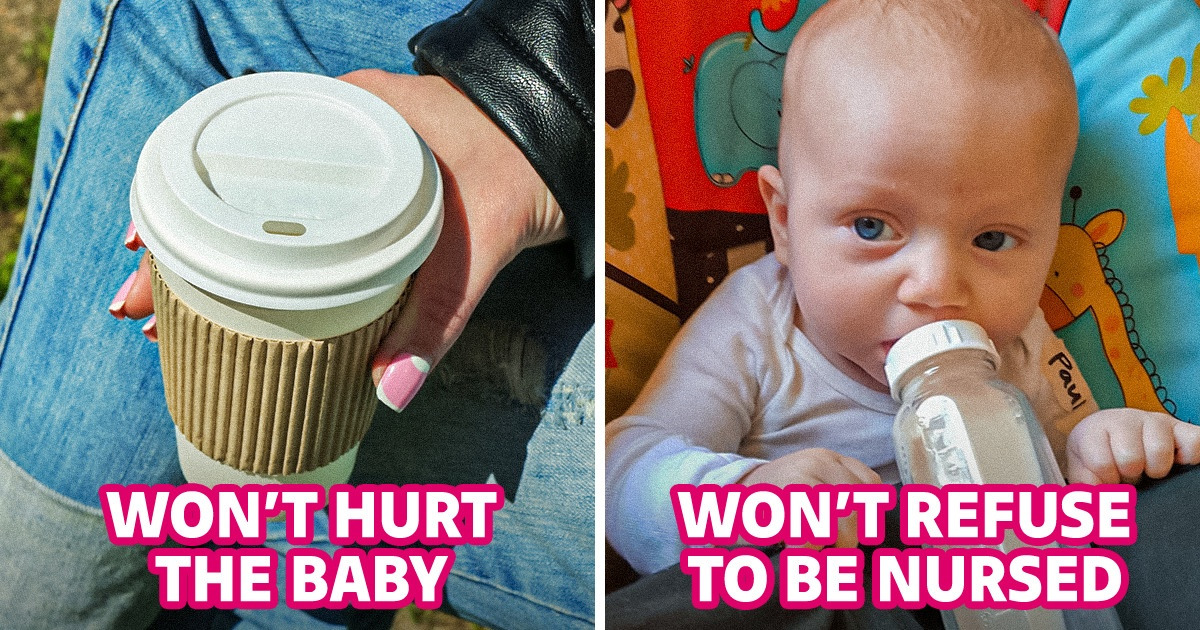
Many mothers around the world deal with a lot of problems during breastfeeding, partially because of the myths and misconceptions surrounding this process. Some women even prefer to give formula to their babies in order not to harm their health. But this is not always necessary.
We at CHEERY decided to find out what ideas about breastfeeding have no scientific grounds. And in the bonus section, you will find out how breastfeeding can affect women’s health.
Myth: You have to wash your breasts before breastfeeding.
There is a myth that between breastfeeding, bad bacteria collects on the mother’s skin, making it necessary to wash the breasts with clean water or even soap.
But it’s not necessary. The breasts produce a special substance that has a familiar smell for the baby and contains good bacteria that helps to build babies’ own healthy immune system for life. Washing breasts between feedings can inhibit both effects.
Myth: You need to exclude cabbage and beans from your diet.
When a breastfed baby fusses for seemingly no reason, it’s often attributed to gas caused by something the mom ate. But most of the time, that’s not the reason. Only 3% of children have food allergies. Breastfeeding mothers need to have balanced diets that include different foods and enough calories.
More than that, mothers should introduce babies to different tastes, so they will eat their meals in the future more eagerly. Cabbage and beans have no effect on babies’ digestion. But if a baby shows signs of allergies — nausea, diarrhea, skin irritation — you should contact your pediatrician immediately and follow their instructions.
Myth: Milk, bananas, and oats can improve breastfeeding.
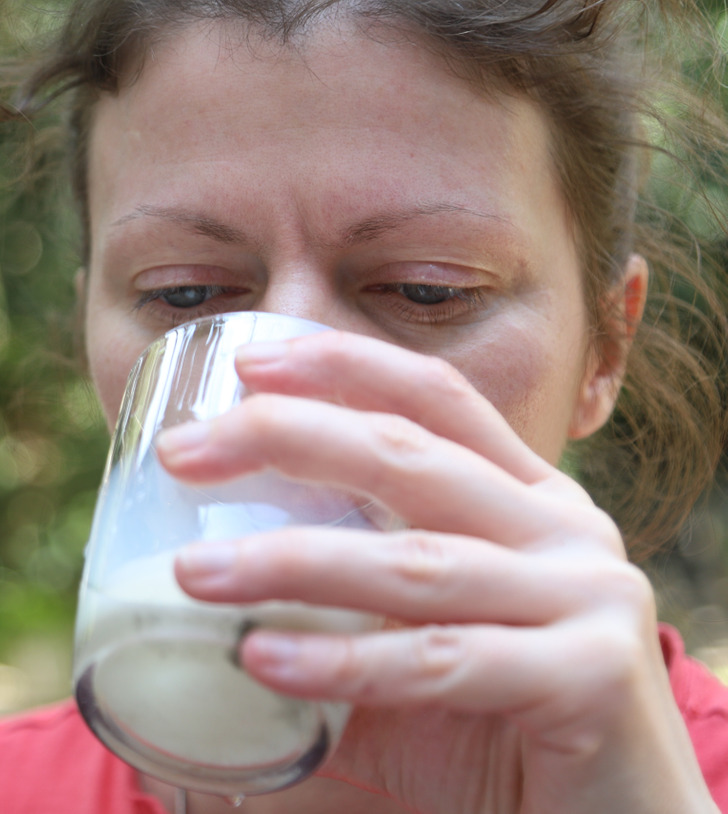
Mothers are often told to eat more oats and bananas and to drink milk to increase lactation. There’s no scientific proof for this, so it’s most likely a tradition from the past. But breastfeeding women should really pay attention to how many fluids they drink. If a mother feels dryness in her mouth, she’s close to dehydration. So, of all drinks, it’s best to have water.
Drinking milk has no effect on lactation, but can decrease a baby’s chances of developing food allergies. According to a study by Chalmers University of Technology, babies whose mothers drank cow milk frequently during breastfeeding had allergies less often. It’s possible that the breast milk of such women contains a special substance that stimulates babies’ immune systems.
Myth: You should stop breastfeeding if you have mastitis.
Many women deal with mastitis during the first 6 months after they give birth. But you don’t need to stop breastfeeding. You can use a breast pump if the process is painful for you. Ask your doctor to prescribe you the meds you can take to help with this issue during breastfeeding.
Myth: You should wean a baby after one year.
There’s no scientific evidence proving that it’s harder to wean babies if you wait longer than a year. The World Health Organization recommends mothers continue breastfeeding until the child is 2. This gives babies all the nutrients and microelements they need and makes their immune systems strong. But if a baby starts to lose interest and is easily distracted during the process, you can end it gradually.
Myth: You can’t take any medication if you are breastfeeding.
Consult your doctor before taking any medications. This will allow you to choose the right medications, dosage, and schedule for your needs.
Myth: You’ll spoil your baby if you nurse them too much.
Myth: You can’t wake babies up for feeding.
Usually, babies wake up every 2-3 hours and inform you that they are hungry. But it doesn’t always happen. Sleep shouldn’t last more than 4.5 hours. If a baby oversleeps, wake them up and nurse them. It allows you to produce as much milk as needed.
Myth: Breastfeeding helps you lose weight.
Even though some mothers notice that breastfeeding helped them return to their previous shape, there’s no scientific proof for that. Some might lose weight. Other gain it. In any case, it’s important to eat healthy food, and not focus on the numbers on your scale.
Myth: Doing sports spoils the taste of breastmilk.
If there are no medical reasons not to work out, you can definitely do it even if you are breastfeeding. Physical activity has no effect on the amount, quality, or taste of the milk. The most important thing is to avoid sudden weight loss because this can lead to the appearance of harmful substances in the milk. Also, use a breast pump or feed your baby right before the workout to feel more comfortable during the process.
Myth: Breastmilk and formula are equally good.
Some mothers can’t breastfeed due to medical reasons. But don’t stop breastfeeding just because there are good formulas in the market. Not a single one of them can be a perfect replacement for breast milk.
Breastfeeding decreases the risk of asthma, infections, allergies, and eczema in children. According to some studies, it has a positive effect on children’s cognitive abilities.
Myth: Nursing mothers can’t drink coffee.
According to studies, just 1% of caffeine gets into breastmilk. It doesn’t affect babies, so women don’t have to give up their coffee-drinking habit if they don’t want to. 200 milligrams of coffee is a perfectly safe dose for both the mother and the child. Tea, chocolate, cocoa, and certain medications also contain caffeine, so take this into account.
But scientists also say that if babies have sleeping problems, it’s better to stop drinking coffee for some time.
Myth: The milk of vegan mothers is not healthy enough.
The diet of nursing mothers has almost no effect on the quality of milk. Even mothers that don’t have access to different foods due to financial reasons still raise healthy children.
Vegetarian mothers sometimes can’t provide enough B12. Take this into account, and take supplements if needed.
Myth: Nursing babies shouldn’t take an occasional bottle, or they may become confused and stop eating.
In fact, babies don’t feel much of a difference between a bottle and breasts. After drinking from a bottle, they won’t just stop feeding from the breast. In order to keep the amount of milk balanced, give babies bottles just once or twice a day.
It’s better to use your own milk in the bottle. During feeding, hold your baby, because it’s not just the contact with the breast, but also the hug itself that is important.
Myth: It’s better not to eat spicy foods.
A study by Technical University of Munich showed that a mother’s diet can influence the taste of milk. But the taste and smell of foods is felt differently. So, a baby can taste garlic and coffee in breastmilk, but fish oil has no effect on the smell or taste.
Piperine, found in spicy foods, also gets into the milk. But the concentration is so low that babies probably feel nothing at all. There’s also a chance that it helps children eat spicy foods when they are adults.
Bonus: The positive influence of breastfeeding on mothers’ health.
Many people know that breast milk is very good for kids. But it turns out that breastfeeding can also have a positive effect on the female body from a long-term perspective. The mothers that breastfeed their babies have a lower risk of diabetes, stroke, and cardiovascular complications. Mothers who breastfed also seem to have better cognitive functions after the age of 50.
What breastfeeding myth did you believe was true?
